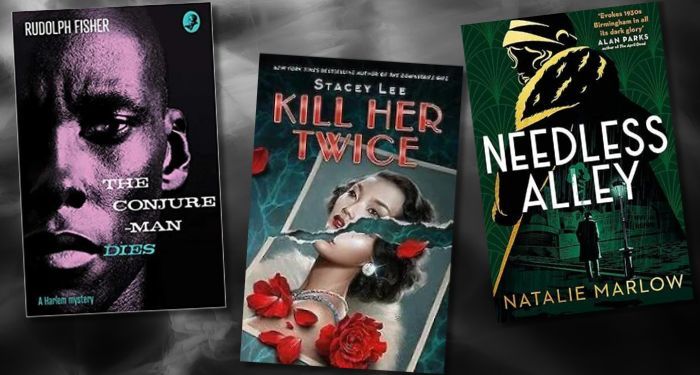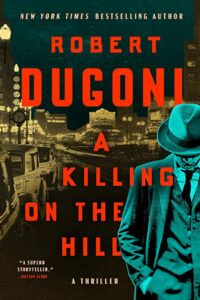The Roaring ’20s are an incredibly popular setting for historical mysteries, full of speakeasies and flappers and dead bootleggers. You can also find a slew of 1940s-set WWII espionage thrillers at any bookstore. The 1930s? Not such a hot period for crime historical fiction. I imagine the Great Depression doesn’t have the same glamorous or action-packed appeal, evocative as it is of crashing stock markets, destitute farmers, and dusty orphans. But not to worry! I’ve rounded up some of the best thrillers and mysteries set during the Great Depression for your reading pleasure. Whether these mysteries are set in the Dust Bowl, Harlem, Hollywood, or halfway around the world, they’re full of Depression-era history and plenty of twists and turns.
Interestingly, many of the most iconic mystery writers and series got their start or hit their stride during the 1930s. Agatha Christie was in her prime, publishing a whopping 20 books starring detectives like Hercule Poirot, Miss Marple, and others during the decade. Iconic mystery solvers like Philip Marlowe, Sam Spade, and Ellery Queen were introduced during the Great Depression. Even young readers got in on the action with the Hardy Boys and Nancy Drew. It’s strange that the Golden Age of Detective Fiction hasn’t become a trendier setting for historical mysteries written today. But these eight thrillers and mysteries set during the Great Depression show what a dynamic setting the 1930s can make.
Thrillers and Mysteries Set During the Great Depression
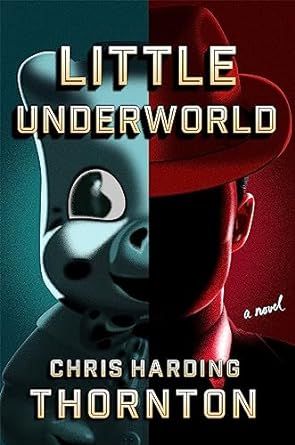
Little Underworld by Chris Harding Thornton
Ah, those uniquely joyless years when Prohibition met the Great Depression. It was a dark time, making it an excellent setting for a grungy noir mystery. In 1930 Omaha, an unfortunate series of events led to a cop catching private investigator Jim Beely with a dead body in his car. The cop, an ethically flexible guy named Frank Tvrdik, promises not only to keep his secret, but to help Beely make the body disappear if Beely will help him take down a city commissioner who plays dirty. But the deeper Beely and Tvrdik get in Omaha’s political underbelly, the harder they’ll have to work to stay alive.
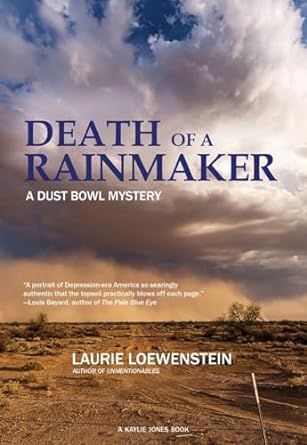
Death of a Rainmaker by Laurie Loewenstein
Travel the heart of the Dust Bowl in this 1930s small-town Oklahoma murder mystery. When a rainmaker — an important figure in the deathly dry region — is found bludgeoned to death in the middle of a dust storm, Sheriff Temple Jennings is distracted from his reelection campaign by the case. But the rainmaker’s wife has some major doubts about Jenning’s prime suspect, and when she starts prying, dark secrets surrounding Jennings might come to light.
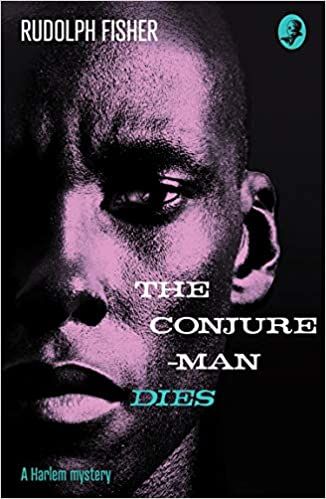
The Conjure-Man Dies by Rudolph Fisher
Not only is this book set during the Great Depression, but it was also written in the 1930s by a Harlem Renaissance legend, and it’s the first published murder mystery by an African American author. It tells the story of Frimbo, an African immigrant who becomes a mystic and fortune teller in 1930s Harlem. When Frimbo dies during a reading, a doctor and a police detective are tasked with solving the case. But is Frimbo truly dead, or are rumors of Frimbo’s ability to cheat death credible? Fisher intended to write two more mysteries in this series but tragically passed away before they could be completed.
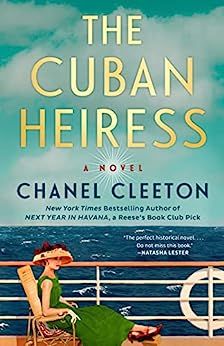
The Cuban Heiress by Chanel Cleeton
In this historical mystery set around the true story of a doomed 1934 roundtrip cruise from New York City to Havana, a wide variety of characters are looking to escape the reality of the Great Depression with a glamorous voyage. An heiress is hiding the fact that her family’s fortune has dwindled. A jewel thief is believed dead but is on a secret mission for revenge. Both of their secrets are at risk of being revealed. It’s a transportive, juicy mystery about wealth lost and gained during a time of economic upheaval.
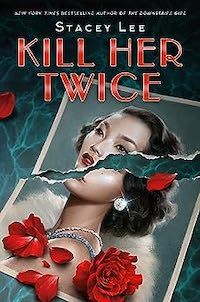
Kill Her Twice by Stacey Lee
As the Great Depression caused hunger and fear across the country, the Golden Age of Hollywood offered a sparkling distraction. But when Chinese American star Lulu Wong is found dead, it’s clear there’s something sinister going on in 1932 L.A. The police seem to go out of their way to avoid investigating, instead using Lulu’s murder as evidence that Chinatown is a dangerous place that should be knocked down and replaced with a new train station. But Lulu’s childhood friends refuse to let her death go unnoticed.
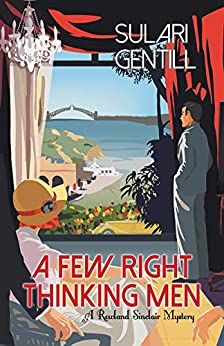
A Few Right Thinking Men by Sulari Gentill
Although the Great Depression may have shown its earliest signs in the U.S., it impacted economic and political life across the globe. In this 1930s Australia-set mystery, we see how wealthy gentleman Rowland Sinclair, despite his disinterest in politics, is thrust into upheaval by the Depression. When Rowland’s uncle is murdered, Rowland infiltrates a group of conservative loyalists hellbent on protecting their country from a communist revolution. It’s the first in a series that will show you new perspectives on Australian history.
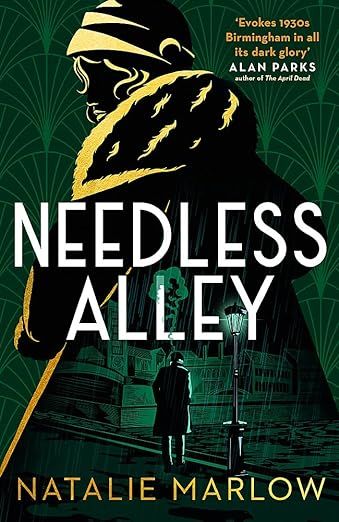
Needless Alley by Natalie Marlow
Investigator William Garrett is desperate for cash in the financial turmoil of 1933 Birmingham, so he takes a lucrative job working for wealthy men who suspect their wives are cheating. Garrett uses his friend, a handsome out-of-work actor, to tempt the women and capture evidence, but he’s wracked with guilt. It gets even more complicated when Garrett falls for a beautiful artist who turns out to be the wife of one of his clients, putting both of them in terrible danger. It’s a twisty noir thriller that explores class, poverty, and sexism in the 1930s.
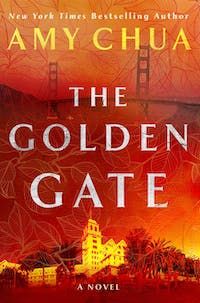
The Golden Gate by Amy Chua
Although this mystery/thriller is primarily set after the Great Depression in 1944 California, it’s got flashbacks to a crime in 1930 that shows how much the world can change in a little over a decade. When a former presidential candidate is murdered at the glamorous Claremont Hotel in Berkeley, detective Al Sullivan finds the man’s numerous political and personal enemies lead to a long list of suspects. The hotel is rumored to be haunted by the ghost of a girl murdered there, the daughter of a wealthy and powerful family. Could the two deaths be connected?
